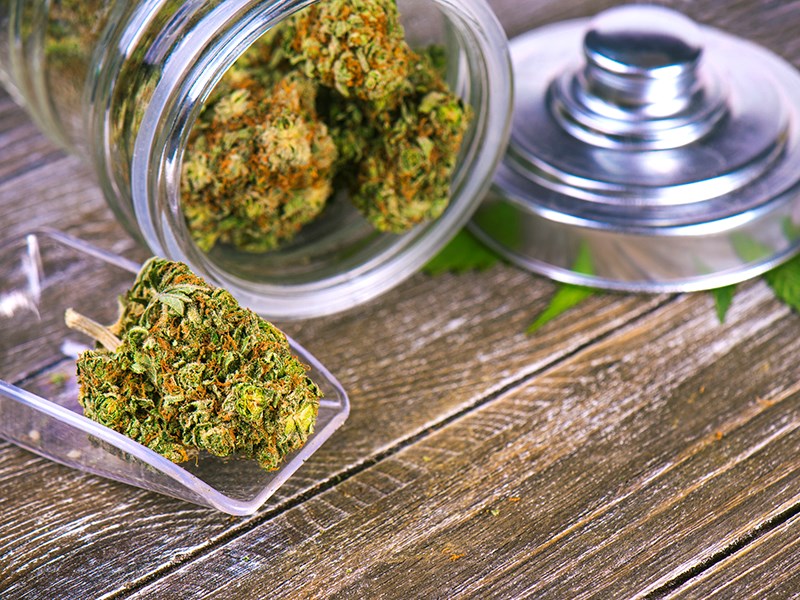Judging by what I’ve read in the Peak, and based on what I heard myself at the two public town hall meetings regarding cannabis in the city, it would seem our pleas fell on deaf ears [“Planners recommend limits for cannabis sales,” August 3]. Cannabis is safer than alcohol and bylaws regarding sale and consumption should reflect that.
One of the things the community has to look forward to when cannabis is finally legal in October is increased commerce and employment within the city.
The Cannabis Act is supposed to curtail the black market, but restriction on retail sales will only allow it to flourish. The strange thing is that even though the city has proposed a cap of five to seven stores, with a 300-metre buffer from a liquor store, five to seven stores can’t even fit within those parts of the city zoned as commercial.
There can be none in Wildwood, Cranberry or Townsite. In Westview, only Crossroads Village falls outside of the buffer, but if we also exclude places children frequent, like the library, then no cannabis retail can be allowed there.
Only a portion of Marine Avenue is outside of any 300-metre buffer, even with the proposed 150 metre exception for that street. The fact that a buffer can be 300 metres in one place and 150 metres in another begs the questions: “Where did these arbitrary numbers come from? Why not 275 or 312?”
Cannabis stores are not more dangerous if they are near a school or “places where children frequent.” In Wildwood there has been a pub operating for generations, much of that time with off sales (ie a liquor store) a mere 80 metres from an elementary school, and we do not see school kids affected negatively by this proximity. Kids get drugs and alcohol from their older friends and family members, they’re not getting it from dispensaries and bars.
It is incredulous that a cannabis store will be charged $2,000 to operate within the city. Again, this serves to drive business away, even into the regional district, as well as bolster the pockets of the very black market dealers the Cannabis Act is intended to disrupt.
The sky isn’t falling. When cannabis is legal, we won’t suddenly have throngs of stoned people plaguing the city. The same people who use cannabis now will be using cannabis when it becomes legal on October 17. The city won’t need to acquire revenue for enforcement and education of something we’ve been handling just fine for three generations.
These proposals seem anathema to what the public has expressed is sensible, to the growing of our local economy, and to the spirit of the Cannabis Act.
Ari Dublion
Thunder Bay Road



